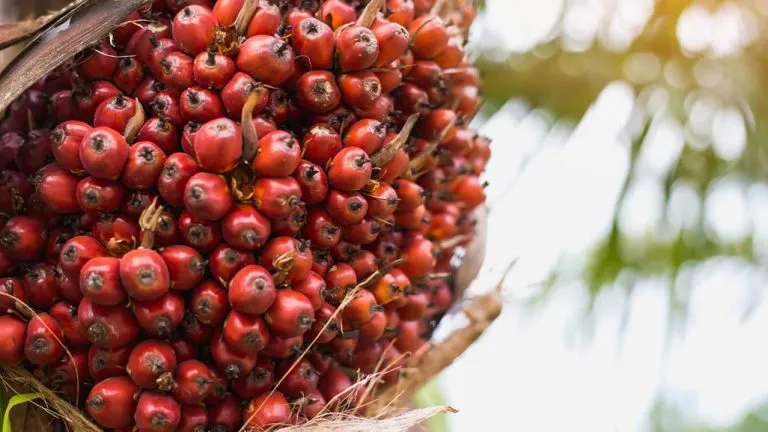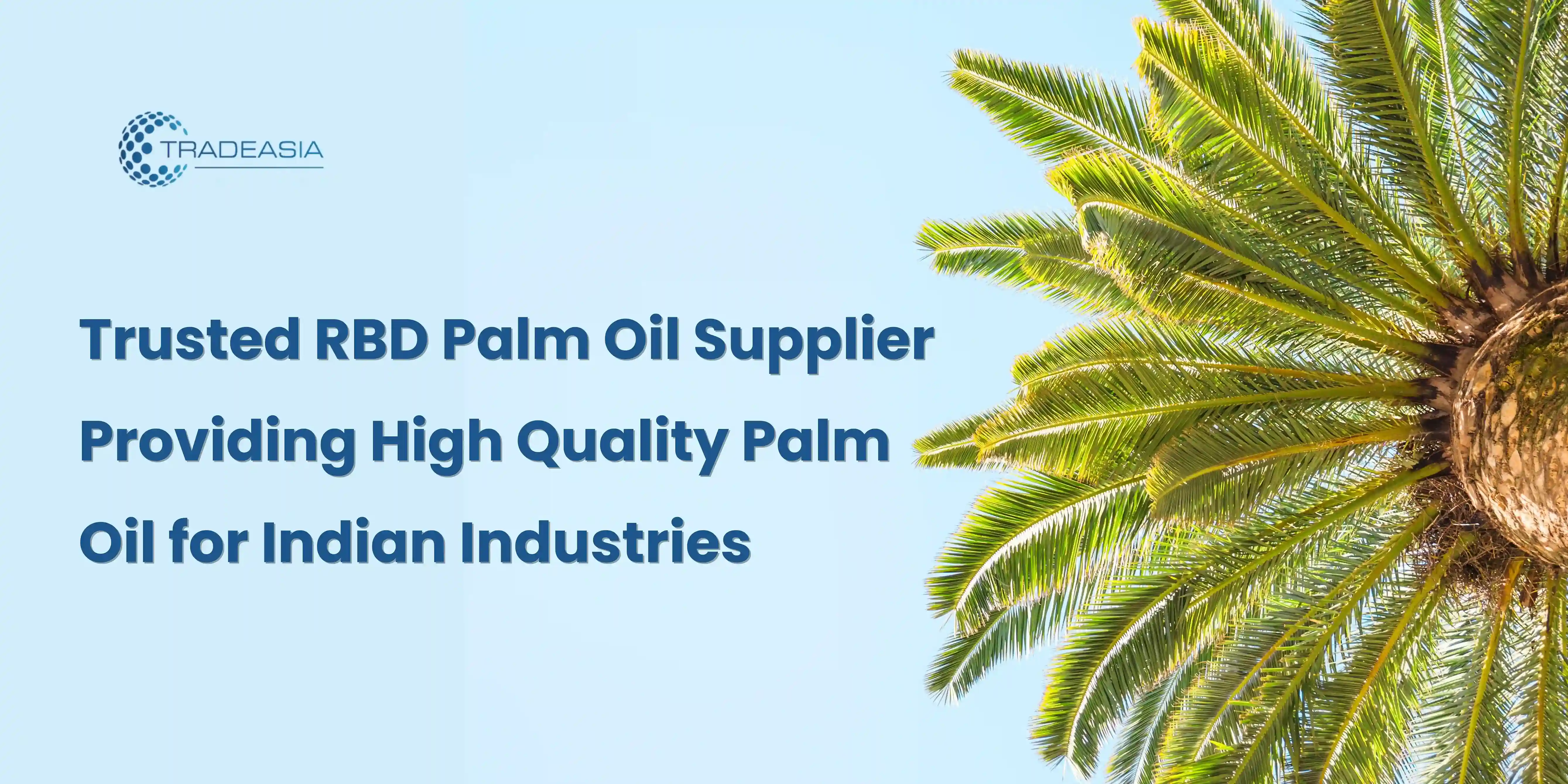Palm oil, once known primarily as a staple in food production, has evolved to become a critical raw material in numerous industries. As industries across the globe continue to seek sustainable and cost-effective alternatives, palm oil derivatives have gained significant traction. Derived from both palm oil and palm kernel oil, these derivatives are utilized in everything from food processing to biofuel production, cosmetics, pharmaceuticals, and even cleaning products. Their versatility and wide range of applications have positioned palm oil derivatives as a cornerstone in the growth and sustainability of global industries.
Major Industries Utilizing Palm Oil Derivatives
a) Food & Beverage Industry
Palm oil derivatives play a vital role in the food and beverage sector due to their unique properties. They are commonly used in margarine, baked goods, snacks, and processed foods as emulsifiers, stabilizers, and preservatives. Products like palm stearin, palm olein, and refined palm oil offer extended shelf life, improved texture, and a consistent taste in processed foods. Their cost-effectiveness and availability make them a preferred ingredient for manufacturers.
b) Personal Care & Cosmetics
The cosmetic and personal care industry heavily relies on palm oil derivatives, such as fatty acids, esters, and glycerin, for their moisturizing and emulsifying properties. From soaps, shampoos, and lotions to lipsticks and foundations, palm-based ingredients offer versatility and effectiveness. As consumer awareness of sustainability increases, many companies are transitioning to sustainably sourced palm oil derivatives, making the product even more attractive to eco-conscious buyers.
c) Biofuel and Energy Sector
One of the fastest-growing applications of palm oil derivatives is in biofuel production. Palm-based biodiesel is a renewable alternative to fossil fuels, contributing to global efforts to reduce carbon emissions. Palm oil methyl esters, derived from palm oil, are used as biodiesel feedstock, offering a sustainable energy source for various industries. As governments around the world introduce more stringent regulations on emissions and fossil fuel dependency, the demand for palm-based biofuels is expected to rise dramatically.
d) Pharmaceuticals
The pharmaceutical industry also benefits from palm oil derivatives. Fatty alcohols and esters derived from palm oil are used in drug formulations as stabilizers, emulsifiers, and delivery agents. In addition, palm oil's high content of vitamin E and beta-carotene provides essential ingredients for health supplements and pharmaceutical applications. As demand for affordable and sustainable ingredients grows, palm oil derivatives are likely to become even more integrated into the pharmaceutical sector.
Sustainable Palm Oil Derivatives: Meeting Global Demands
As the global demand for palm oil derivatives grows, so does the need for sustainable practices. The palm oil industry has faced criticism due to environmental concerns, including deforestation and habitat destruction. However, recent advancements have led to the adoption of sustainable palm oil sourcing, such as Roundtable on Sustainable Palm Oil (RSPO) certifications. This ensures that palm oil is sourced from plantations that follow environmental and social standards, addressing concerns about deforestation, human rights, and biodiversity. The move towards sustainable palm oil is not only necessary for the environment but also for meeting the growing demand from eco-conscious consumers and industries.
Palm Oil Derivatives in Innovation and Technology
Palm oil derivatives are at the forefront of innovation in multiple sectors. In the bioplastics industry, palm oil-based materials are being developed to replace traditional petroleum-based plastics, which are harmful to the environment. This technological advancement could significantly reduce plastic pollution and pave the way for more sustainable packaging solutions. Additionally, research is ongoing to enhance the efficiency and cost-effectiveness of palm oil derivatives in biofuel production, making it a more viable energy alternative on a global scale.
Challenges Facing the Palm Oil Derivatives Industry
Despite the many advantages and applications of palm oil derivatives, the industry faces significant challenges. Environmental concerns, such as deforestation and carbon emissions, continue to spark debates about the sustainability of palm oil production. Moreover, the industry faces pressure to meet the rising demand for palm oil derivatives while ensuring ethical practices and reducing its environmental impact. Global regulatory measures and consumer awareness have pushed companies to innovate and adopt more responsible sourcing and production methods.
Future Outlook: The Global Impact of Palm Oil Derivatives
Looking ahead, palm oil derivatives are poised to play an even more critical role in shaping global industries. With increasing demand for sustainable ingredients, biofuels, and eco-friendly products, the palm oil derivatives industry is expected to expand its reach into new markets. Technological advancements in bioplastics, food production, and biofuels will continue to drive innovation, making palm oil derivatives a key player in the global shift towards sustainability. However, balancing this growth with the need for environmental responsibility will be essential for ensuring a sustainable future for the industry.
In conclusion, palm oil derivatives are shaping the future of multiple industries, from food and cosmetics to biofuels and pharmaceuticals. As the world moves towards more sustainable solutions, the role of palm oil derivatives will only become more prominent. Sustainable sourcing, innovation, and responsible practices will be key to the industry’s long-term success and its ability to meet global demands.



Leave a Comment